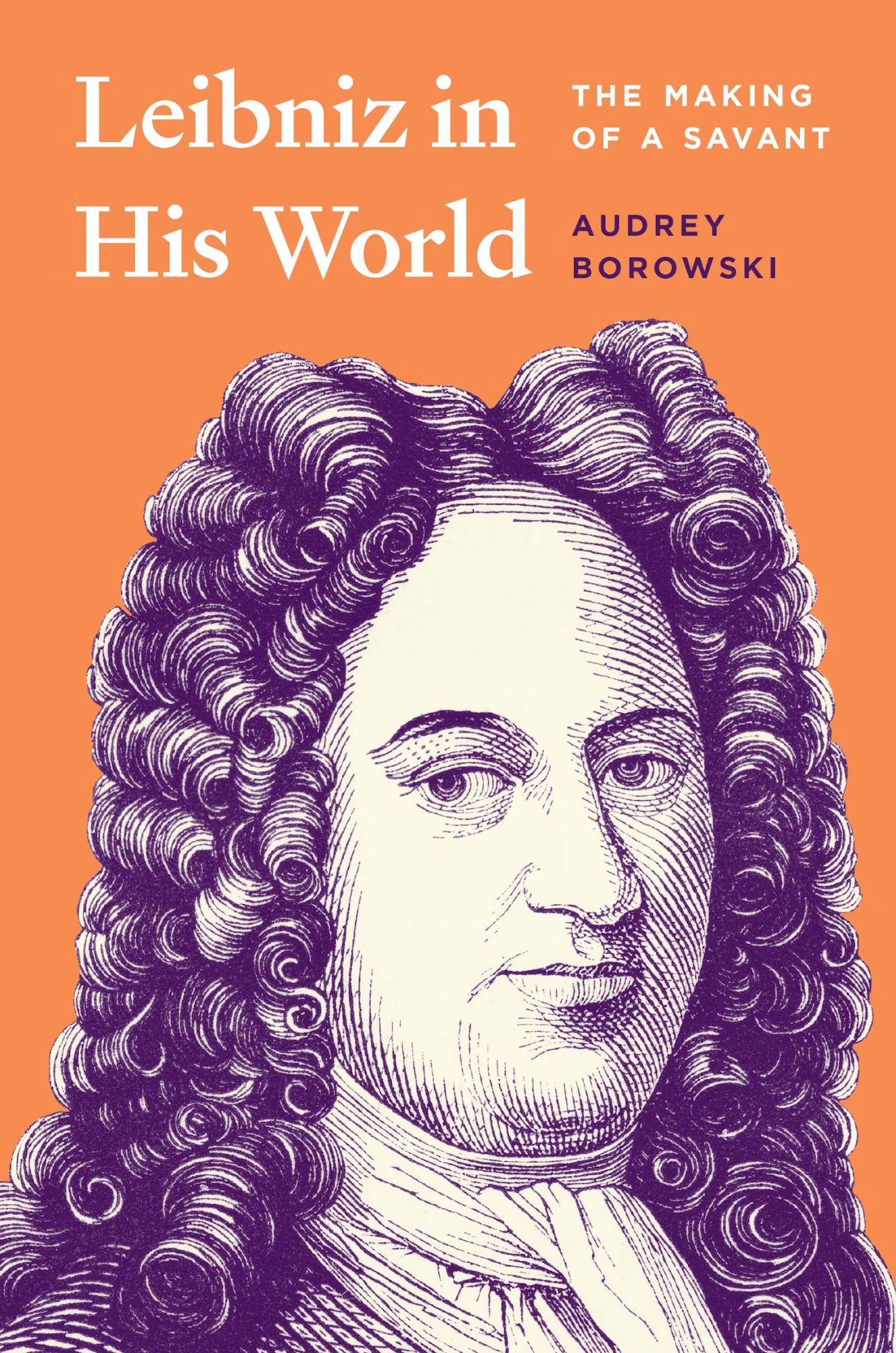
Décrit par Voltaire comme « peut-être l’homme le plus universel en Europe », Gottfried Wilhelm Leibniz (1646-1716) est souvent présenté comme un rationaliste et un philosophe totalement détaché des préoccupations mondaines de ses semblables. Leibniz in His World propose une réévaluation de Leibniz, racontant l’histoire de ses tribulations en tant que scientifique en herbe et courtisan naviguant dans les cercles érudits et courtisans de l’Europe moderne et de la République des Lettres.
—
Described by Voltaire as “perhaps a man of the most universal learning in Europe,” Gottfried Wilhelm Leibniz (1646–1716) is often portrayed as a rationalist and philosopher who was wholly detached from the worldly concerns of his fellow men. Leibniz in His World provides a groundbreaking reassessment of Leibniz, telling the story of his trials and tribulations as an aspiring scientist and courtier navigating the learned and courtly circles of early modern Europe and the Republic of Letters.
Drawing on extensive correspondence by Leibniz and many leading figures of the age, Audrey Borowski paints a nuanced portrait of Leibniz in the 1670s, during his “Paris sojourn” as a young diplomat and in Germany at the court of Duke Johann Friedrich of Hanover. She challenges the image of Leibniz as an isolated genius, revealing instead a man of multiple identities whose thought was shaped by a deep engagement with the social and intellectual milieus of his time. Borowski shows us Leibniz as he was known to his contemporaries, enabling us to rediscover him as an enigmatic young man who was complex and all too human.
An exhilarating work of scholarship, Leibniz in His World demonstrates how this uncommon intellect, torn between his ideals and the necessity to work for absolutist states, struggled to make a name for himself during his formative years.
—
Audrey Borowski is a research fellow with the Desirable Digitalisation project, a joint initiative of the universities of Bonn and Cambridge that investigates how to design AI and other digital technologies in responsible ways. She received her PhD from the University of Oxford and is a regular contributor to the Times Literary Supplement and Aeon.
—
“The figure Audrey Borowski examines in this fascinating and original book is not the venerated elderly Leibniz in the old-fashioned wig but the brash and somewhat naive young man who pressed his ambitious and audacious projects on possible patrons as he struggled to establish himself in the wider world. In telling his story, Borowski shows us what it was like to be a young person aspiring to citizenship in the Republic of Letters.”—Daniel Garber, Princeton University
“A startlingly fine piece of original, lucid, and brilliant scholarly work. Showing Leibniz in Paris at a key moment for him as he navigates the world of state-funded science, Borowski paints a meticulous and nuanced portrait of a surprisingly hesitant Leibniz, who is unwilling to play the professional game of scholarship. This is the best political and intellectual biography we have of Leibniz.”—Jacob Soll, author of The Free Market: The History of an Idea
“Borowski challenges the notion that Leibniz’s faith and nationality were the main reasons he was so little known and respected at the time of his residence in Paris and his early years in Hanover, and he was not elected to the Académie. Her argument, together with her consistently gripping and lucid accounts of Leibniz’s work, make this a book that has something important to say to a wide academic readership.”—Tom Jones, author of George Berkeley: A Philosophical Life